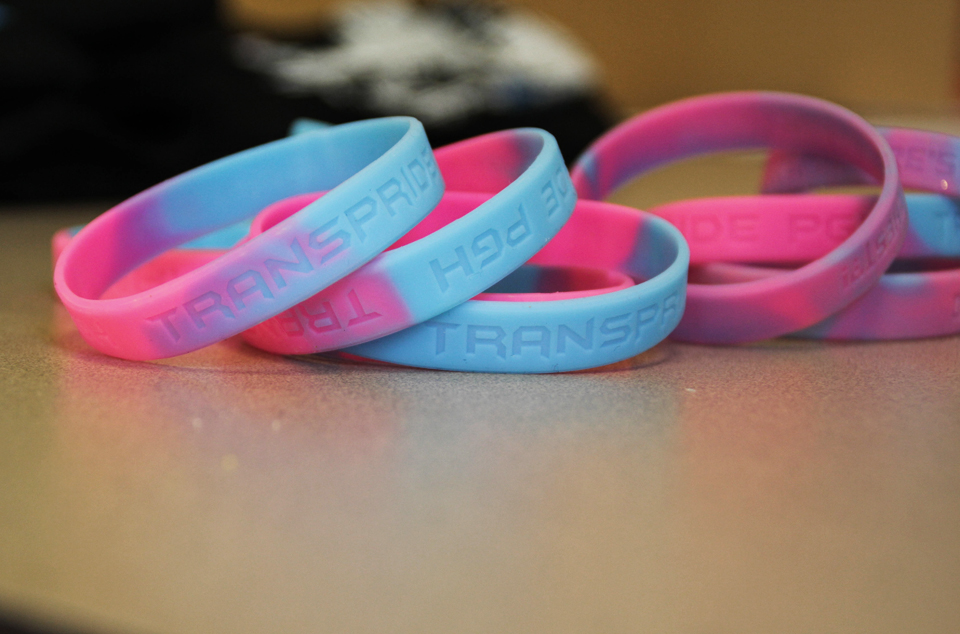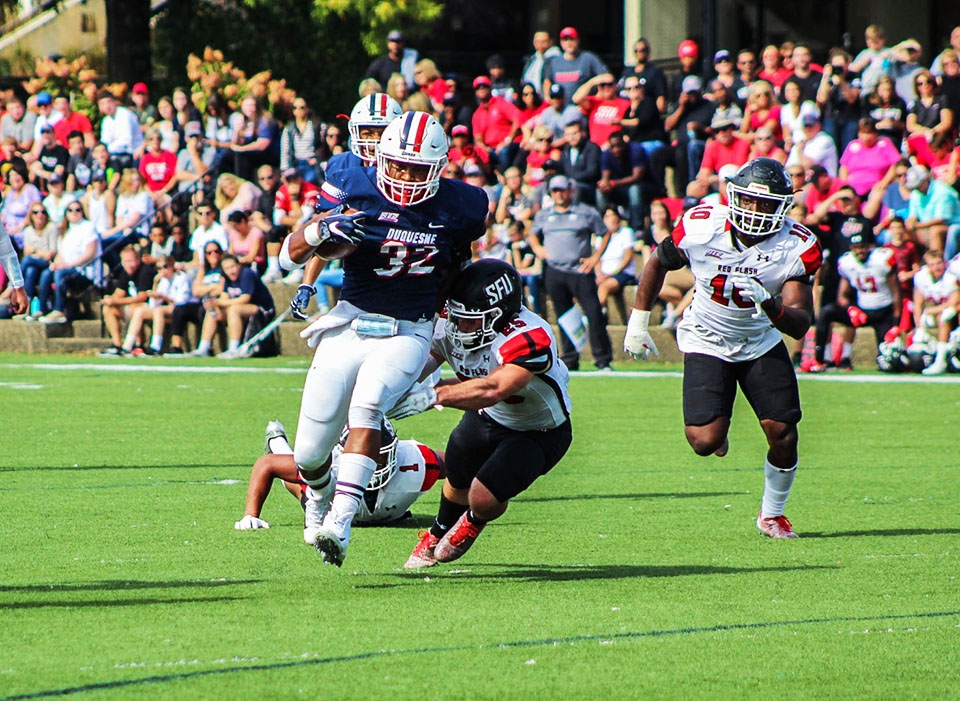
Corie Jenkins | staff writer
Jan. 27, 2022
The Pittsburgh Racial Justice Summit, in its 24th year fighting for representation, equality and equity in the Black community, was held last week, featuring best-selling authors, artists and advocates.
The event, held virtually and still available online, seeks to help Pittsburgh’s community unify and connect through empowerment.
During the opening ceremony Friday, Daeja Baker, the lead organizer, welcomed the audience.
“This year’s summit is focused on Equity In Action: Navigating Intersections of Racial Justice. What this means to us here at the summit is taking time to examine how we navigate our other identities in addition to our blackness,” Baker said. “This is an action of equity that we do for ourselves and our communities.”
The summit is a multicultural initiative that flowed from the Black and White reunion first held in 1996. The event originated following the death of Jonny Gammage, a Black man killed by four white police officers in the suburbs of Pittsburgh.
The goal of the summit is to evaluate history and how white supremacy devolves into dehumanization and exploitation.
The panels started Friday night with internationally renowned, award-winning, best-selling Pittsburgh writers: Deesha Philyaw, author of “The Secret Lives of Church Ladies,” Brian Broome, author of “Punch Me Up to the Gods,” and Damon Young, author of “What Doesn’t Kill You Makes You Blacker.”
They promote justice in the Black community and write about faith and the concept of personal identity.
Racial justice has been identified as a continuous movement that affects each community. The summit included several sessions and addressed topics like Processing Second Hand Trauma, Intersections of Racial and Gender Justice in Public Policy and Reforming, Rebuilding and Reclaiming History with Clay and Pennsylvania State Prison Advocacy.
“This organization makes sure that family members of those imprisoned feel as though they have the ability to advocate for their loved ones’ safety and protection, especially in a prison society,” said Shandre Delaney, part of the Human Rights Coalition in Pittsburgh.
Racial trauma is defined as a mental and emotional injury that has come along with racial bias, discrimination of skin color and other hate crimes. Oftentimes, it comes in the form of secondhand trauma.
“Some of the work of racial justice requires that we consume and share stories of individual and state violence, oppression and trauma. In this workshop we will discuss definitions, causes and potential symptoms of second hand trauma,” said Alexandra To, the session’s facilitator.
Discrimination based not only on race, but gender, disability, religion and sexual orientation affects every community.
“Racial justice intersects with gender justice, impacting all aspects of daily life such as housing, health, education, safety, etc,” said Anupama Jain, who facilitated the session on Intersections of Racial and Gender Justice in Public Policy. “However, public policies have claimed to be ‘colorblind’ or ‘gender neutral,’ and often most benefited those with existing social privileges.”
Finally, the importance of learning about history in any context, especially that of racial injustices, can help advocates learn about the past and its effect on the present.
In the Reforming, Rebuilding and Reclaiming History with Clay session led by Marce Nixon-Washington, she said history is being portrayed in a visual form that can last for centuries, even with the seemingly fragile material.
Part of the event proceeds go to the Jonny Gammage Scholarship Fund, which is awarded to law students of color studying civil rights and social justice issues at Duquesne University or the University of Pittsburgh.
“We teach ourselves, we teach other people. We do for, do with and share on. And that is how equity is built,” Baker said.
Even though the event concluded on Saturday, it is still available online at www.pittsburghracialjusticesummit.org.




